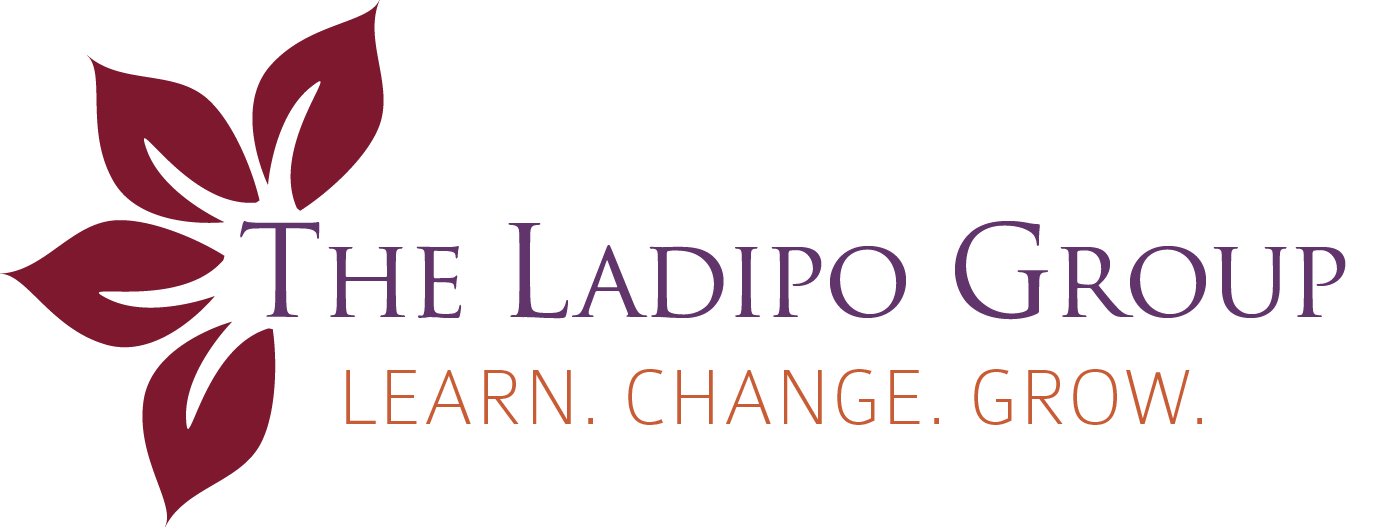 Mistake #1: Overlooking the Value of Generosity Beyond Financials
Mistake #1: Overlooking the Value of Generosity Beyond Financials
Leaders often equate generosity with financial rewards, believing that bonuses and raises are the ultimate motivators. However, financial compensation is only a small facet of a truly generous leadership style. This narrow view can lead to missed opportunities for deeper connection and engagement with team members.
 What to do instead: Expand Your Understanding of Generosity
What to do instead: Expand Your Understanding of Generosity
Shift your focus from monetary rewards to fostering an inclusive, supportive environment. Practice generosity by investing time in mentoring, offering constructive feedback, building relationships, and actively listening and responding to your team’s needs.
 Mistake #2: Neglecting Emotional Intelligence
Mistake #2: Neglecting Emotional Intelligence
Many leaders overlook the importance of emotional intelligence (EQ) in favor of technical skills. This can result in poor communication, unresolved conflicts, and a lack of trust within the team. Emotional intelligence is not just about understanding your own emotions but also about navigating interactions sensitively and effectively.
 What to do instead: Enhance Your Emotional Intelligence
What to do instead: Enhance Your Emotional Intelligence
Develop your emotional intelligence by practicing self-reflection and self-compassion. Understand and manage your emotions and reactions. When faced with feedback, approach it with humility and see it as an opportunity for growth. This includes recognizing hurtful situations and responding thoughtfully, acknowledging mistakes, and appreciating the courage it takes for someone to give you candid feedback. Embrace the discomfort of feedback as a necessary tool for personal and professional growth.
 Mistake #3: Ignoring Self-Care
Mistake #3: Ignoring Self-Care
Leaders often prioritize their team’s needs over their own, leading to burnout and decreased effectiveness. This “martyrdom” approach often leads to resentment that impacts the entire team.
 What to do instead: Make Self-Care A Priority
What to do instead: Make Self-Care A Priority
Incorporate self-care into your daily routine. Like the airline oxygen mask analogy, attend to your needs first to be more effective in helping others. Take short breaks to clear your mind and refocus so you can be present while interacting with your team. Consider what replenishes you and carve out time for the people and activities that encourage you. This self-awareness will enhance your well-being and amplify your capacity to lead generously and compassionately.
Workplace cultures are very different from those of ten years ago. By fostering generosity, developing emotional intelligence, and prioritizing one’s own well-being, you can create a more engaged, inclusive, and resilient team—one that thrives on connection and shared growth.
Check out our Managing Well podcast episode on Generous Leadership with Tonya Ladipo, LCSW, and Shannon Cassidy, CEO of Bridge Between.
